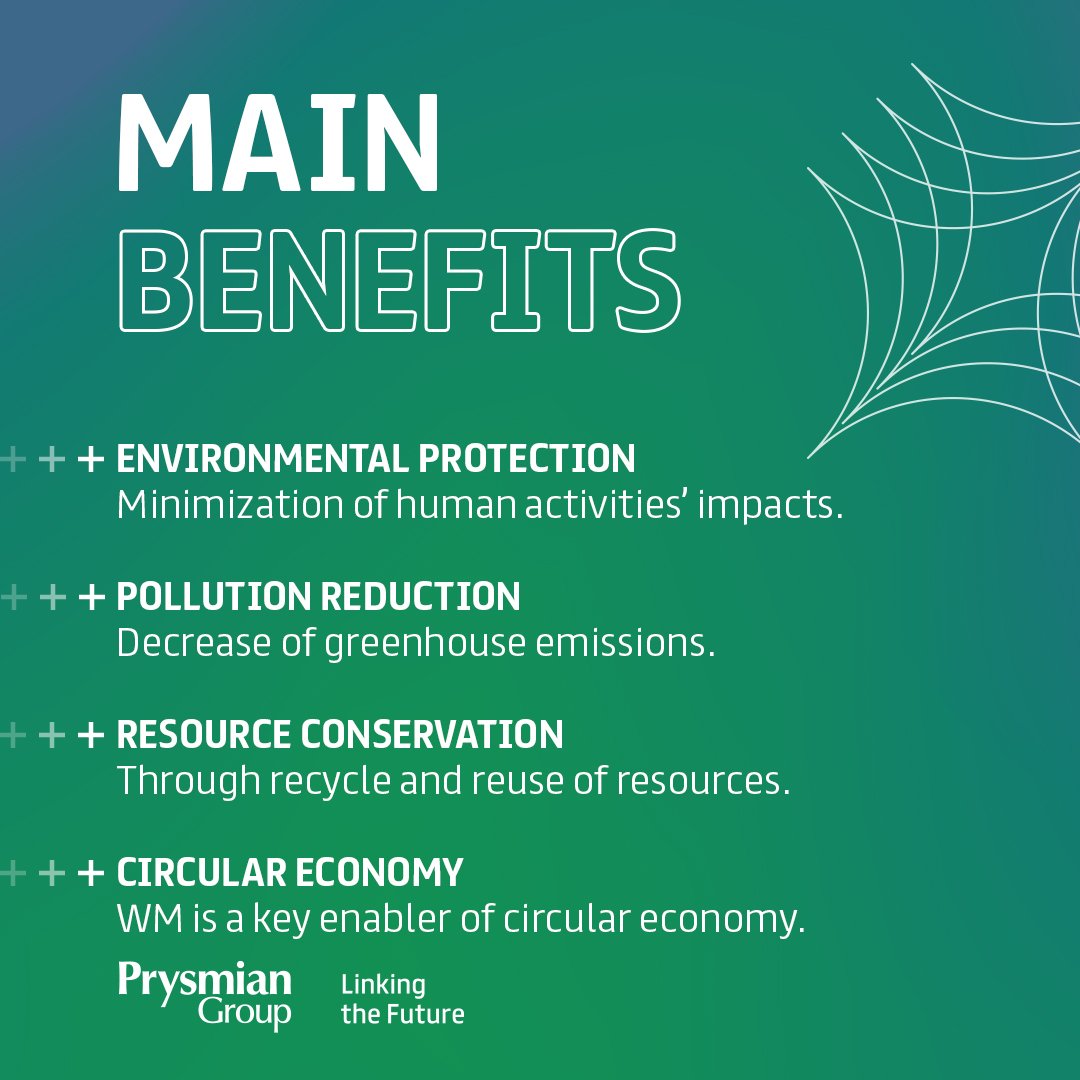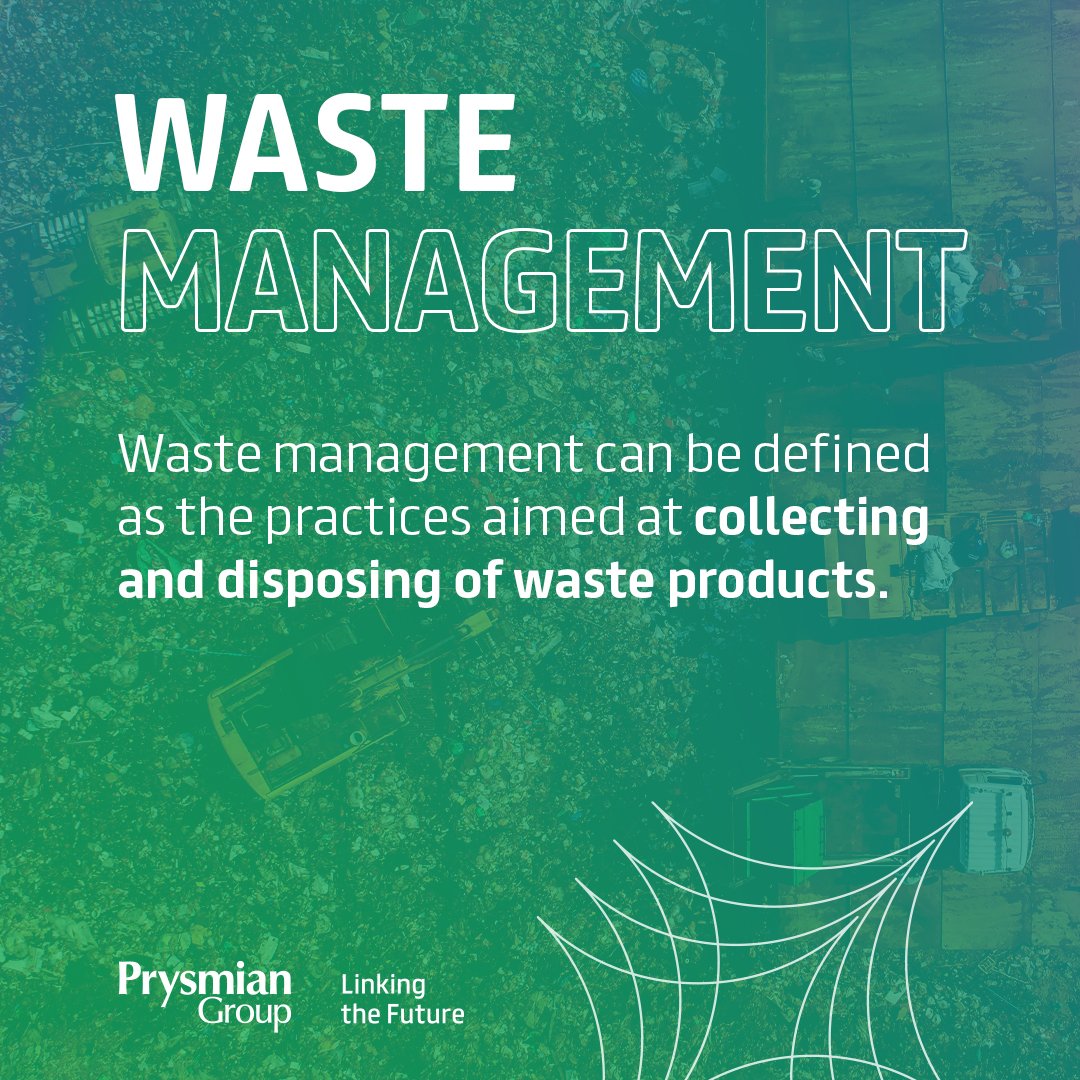3 Simple Techniques For Reclaim Waste
3 Simple Techniques For Reclaim Waste
Blog Article
Some Known Details About Reclaim Waste
Table of ContentsThe Best Strategy To Use For Reclaim WasteReclaim Waste Fundamentals ExplainedThe smart Trick of Reclaim Waste That Nobody is Talking AboutThe 6-Second Trick For Reclaim WasteUnknown Facts About Reclaim Waste
Discover the types, occurrences, and kinds of liquid waste. Residential sewage waste describes the waste and items from a property septic system. This sort of waste is produced by human beings in residences, institutions, and various other structures. This only includes sewage-disposal tanks that have a drain field. The appropriate monitoring and disposal of residential sewer waste call for liquid waste to be transferred to a sewer treatment plant where the appropriate approaches and tools are applied to detoxify and dispose of waste.
Commercial waste often consists of potential threats, such as combustible products or a blend of liquid and solid waste products, and needs an advanced and in-depth disposal procedure. The disposal of commercial waste generally includes the filtering of waste before transport to guarantee secure and proper disposal. Hazardous waste is developed from results and runoff of industrial procedures and manufacturing.
This kind of waste can not make use of the exact same sewage monitoring transport or processes as septic or industrial fluids. The commercial waste monitoring procedure needs the inspection and screening of liquid waste prior to it goes through the disposal procedure (liquid waste removal). Drainage waste is the fluid waste that comes from overflow and excess stormwater in extremely inhabited locations or cities
Drainage waste can trigger contamination and flooding if not handled effectively. Making certain correct waste management can stop catastrophes and lower ecological damage.
Getting My Reclaim Waste To Work
Contact PROS Providers today to find out about our waste monitoring and disposal services and the correct ways to care for the liquid waste you create.
(https://reclaimwaste1.mystrikingly.com/blog/efficient-liquid-waste-disposal-in-melbourne-why-reclaim-waste-is-your-go-to)Do you recognize what occurs to your water when you end, purge the commode or drain pipes the cleaning equipment? No? Well, it deserves knowing. This supposed 'wastewater' is not just a crucial resource however, after therapy, will certainly be launched to our land, rivers or the ocean. Utilized water from bathrooms, showers, bathrooms, kitchen area sinks, washings and commercial procedures is called wastewater.

water utilized to cool machinery or tidy plant and equipment). Stormwater, a kind of wastewater, is drainage that moves from farming and urban locations such as roofs, parks, gardens, roads, paths and seamless gutters right into stormwater drains pipes, after rain. Stormwater streams untreated directly to local creeks or rivers, eventually getting to the sea.
Unknown Facts About Reclaim Waste
In Queensland, most wastewater is treated at sewer treatment plants. Wastewater is carried from residential or industrial websites through a system of sewage systems and pump terminals, referred to as sewerage reticulation, to a sewer treatment plant. City governments construct, preserve and operate most sewage therapy plants. Operators are licensed under the Environmental Management Act 1994 to discharge cured wastewater at an appropriate ecological requirement into waterways.
The Department of Natural Resources suggests local federal governments about handling, operating and keeping sewage systems and treatment plants. In unsewered locations, local governments might require householders to set up private or family sewage treatment systems to deal with domestic wastewater from commodes, kitchens, shower rooms and laundries. The Division of Natural Resources authorises making use of family systems when they are confirmed to be efficient.
In some new class, therapy of some stormwater to remove trash, sand and gravel has actually begun using gross contaminant traps. Wastewater therapy takes place in 4 phases: Gets rid of solid matter.
Wastewater after that moves into large storage tanks where solids work out and are gotten rid of as sludge. Grease and scum are skimmed from the surface area. Utilizes small living organisms referred to as micro-organisms to break down and remove remaining dissolved wastes and fine particles. Micro-organisms and wastes are incorporated in the sludge. Removes nitrogen and phosphorus nutrients that could create algal blossoms in our rivers and intimidate marine life.
Not known Incorrect Statements About Reclaim Waste
Nutrient elimination is not readily available at all sewage therapy plants due to the fact over here that it needs costly specialist equipment. Clear fluid effluent produced after therapy may still have disease-causing micro-organisms - liquid waste disposal melbourne.

This typically means wastewater has to be treated or contaminants removed before it can be discharged to rivers. A lot of wastewater flows into the sewage system. Under the Act, neighborhood federal governments carry out authorizations and licences for ecologically appropriate tasks (Ages) involving wastewater launches that could have a local impact. The department administers authorizations and permits to ERAs including wastewater launches that might have a local or statewide effect.
The Only Guide to Reclaim Waste
Monitoring gives valid info regarding water high quality and can confirm that permit conditions are being met. The info acquired via monitoring provides the basis for making water quality choices.
Report this page